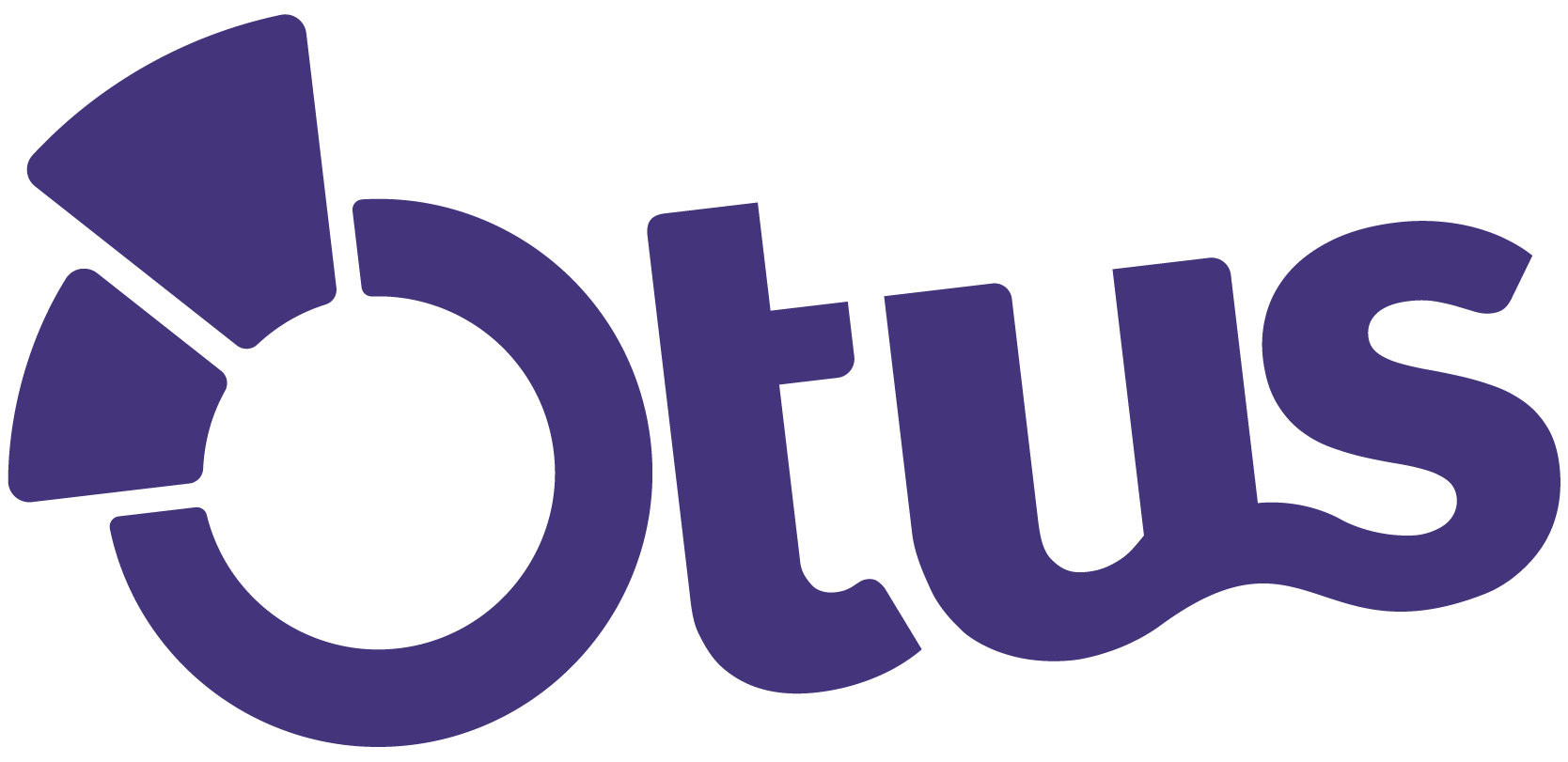More than half of all states have passed new reading legislation mandating that schools use materials, instructional approaches, and assessment tools that align with the science of reading, which is based on evidence about how children learn to read.
Despite the term “science of reading” reaching buzzword status, there’s much debate about what it really means. Some confusion stems from the number of education companies adding a “science of reading” label to their materials without ensuring the tools follow research-backed approaches, while other debates are around the need for reading instruction to go beyond a focus on foundational skills.
In this Education Week webinar, a panel of four school leaders with extensive experience with reading education team up to discuss:
- How states are responding to recent legislation aimed at enhancing early literacy initiatives.
- Limitations of a general education curriculum for dual-language students, including what every early childhood program should provide regarding language and culture.
- Strategies and progress monitoring techniques that are vital for supporting early readers.
- The role that school leaders play in developing responsive literacy policies.
Otus aligns with state legislation on the science of reading by providing a comprehensive platform for early identification, personalized intervention planning, and data analysis. It integrates data from various reading assessments, including third-party assessments like DIBELS and Amplify CKLA, allowing educators to create personalized plans and track student progress in real-time.
Four Essential Insights on the Science of Reading
The Critical Role of Evidence-Based Instructional Approaches
Evidence-based instructional materials and strategies, like the Science of Reading, are crucial for effective teaching and maintaining high educational standards. These methods are developed through years of detailed research by educational experts, demonstrating their effectiveness in improving student outcomes. While schools may adapt these strategies to better fit their local needs, their solid research base ensures that all students receive high-quality, effective education. This commitment to evidence-based practices shows a strong dedication to maintaining educational excellence and creating the best learning environments for all students.
Tailoring Reading Instruction to Accommodate Diverse Learners
Effective reading instruction requires a deep understanding of students’ diverse learning journeys, especially for multilingual and dual-language learners. For example, a teacher might integrate visual aids and bilingual resources to enhance comprehension and vocabulary building, building a bridge between students’ native languages and English. This personalized approach ensures that literacy instruction is equitable and meets the needs of every student.
During the webinar, Chris Collins, Reading Interventionist at River Trails School District 26 (IL), shared, “One of the most powerful strategies in my prior district was GLAD, which is Guided Language Acquisition Design. Basically, the premise is to use every opportunity in your classroom as a chance to build language, whether it’s oral, written, or spoken language, or comprehension as you’re reading. Every content area was integrated with language objectives. As you’re planning all the areas that you’re instructing through the day, if you always have that at the back of your mind, ‘How am I building language for all of my students, including MLs,’ I think that that gives you a much broader opportunity to ensure they are making the gains that they need. And those evidence-based strategies for multilingual learners are good for all learners.”
Engaging Families and Communities in Literacy Development
Engaging families in the literacy development process is crucial because it bridges school learning with home practices, boosting student achievement and motivation. For instance, a school might host regular workshops where parents learn strategies to support reading at home, such as shared reading techniques or conversations on the importance of literacy. This community-oriented approach not only encourages learning outside the classroom but also fosters a collaborative environment that holistically supports student development.
Ongoing Professional Development in Reading Education
Continuous professional development for educators is essential to stay informed about the latest research and effective teaching strategies in reading. For example, a district might organize monthly webinars or workshops where teachers learn and share insights on the latest reading interventions and pedagogical theories. Such ongoing education ensures that teachers remain well-equipped to support student literacy effectively, adapting to new findings and evolving educational practices.
